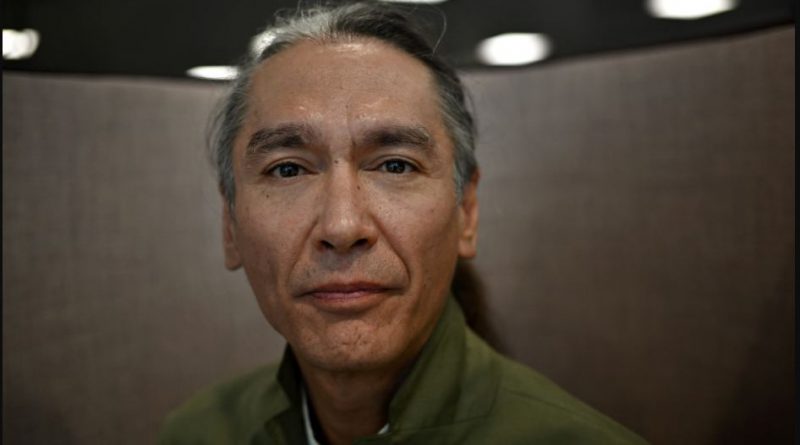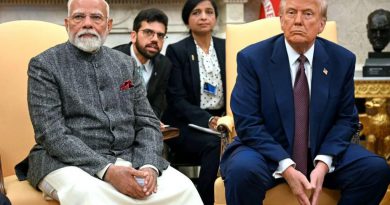Myanmar junta’s partial pardon of Suu Kyi means ‘absolutely nothing’, says son
London (Reuters) – A partial pardon by Myanmar’s ruling military of jailed former leader Aung San Suu Kyi means “absolutely nothing”, her younger son said on Wednesday, calling on Western governments to do more to step up pressure on the junta.
The pardons on five of the 19 offences of which she was convicted mean six years will be shaved off Suu Kyi’s 33-year jail term, but her son, Kim Aris, who is a British national, likened the move to a propaganda exercise.
“It doesn’t go far enough in any way … The whole world knows the military have played these games with propaganda, trying to make themselves look better on occasion,” he told Reuters in London.
“The fact that they’ve reduced my mother’s sentence by a few years means absolutely nothing.”
Myanmar has been in turmoil since early 2021, when the military overthrew Suu Kyi’s elected government and cracked down on opponents of military rule, with thousands jailed or killed.
Suu Kyi had won a 2015 election, held as part of tentative military reforms, and her party won again in 2020, before the military complained of election fraud.
The 78-year-old Nobel laureate, who was detained during the coup, denies all the charges of which she was convicted, ranging from incitement and election fraud to corruption, and has appealed.
Aris, 44, the younger son of Suu Kyi and late British academic Michael Aris, said he had had zero contact with his mother since before the coup and didn’t know the conditions she was currently under. He said there was no verifiable proof of reports that she had been moved from prison to house arrest.
“The fact that on this occasion I’ve had no contact whatsoever does make it a bit tougher than it has been in the past,” he said of Suu Kyi, the daughter of Myanmar’s independence hero, Aung San.
Thailand’s foreign minister said last month he had met Suu Kyi privately, a rare meeting with a foreign official, following which he said she was in good health and supported dialogue to help resolve her country’s crisis.
Unconditional Release
Many governments have called for the unconditional release of Suu Kyi and thousands of other political prisoners, and some, including the U.S., EU and Britain, have targeted the Southeast Asian country’s military with sanctions.
Aris said those sanctions needed to be “tougher” and more effective in order to close out any loopholes, especially in areas such as arms supply.
Aris, who lives in west London, said he was working with a shadow National Unity Government formed by Suu Kyi’s supporters and other opponents of the military to bring more awareness to the situation.
Ultimately, he said, dialogue was key.
“But I do not see that this will actually result in any dialogue,” he said of Suu Kyi’s partial pardon. “Not in the foreseeable future anyway.”



